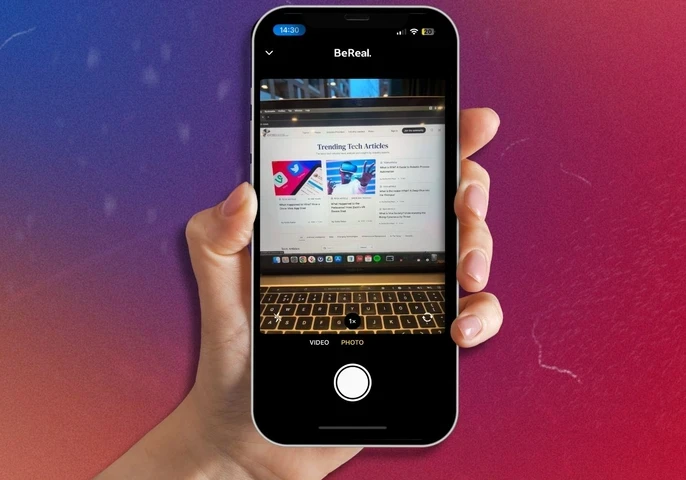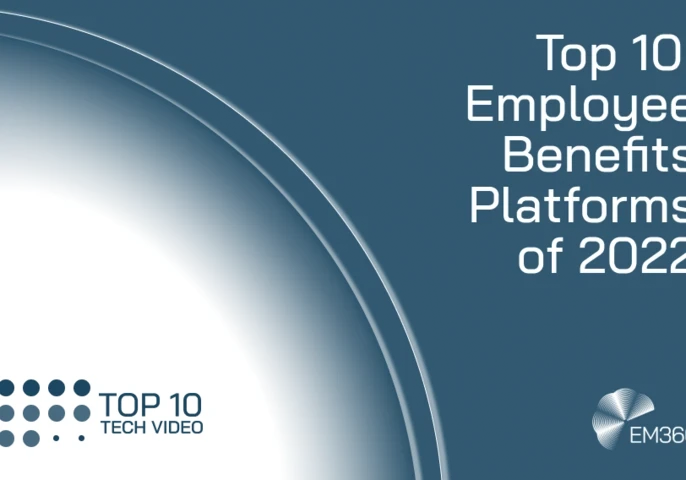Ping, ping, ping. Your business is suddenly overwhelmed with customer inquiries. Calls, emails, and messages are flooding in from every communication portal, but your current system lacks an efficient system to keep up with the surge in inquiries. The team is exhausted and the chaotic influx is affecting your customer satisfaction.
This is where Communications Platform as a Service (CPaaS) comes in.
According to Statista, the global CPaaS market is projected to reach 21.7 billion U.S. dollars in size in 2025. As enterprises increasingly migrate to the cloud and adopt customised engagement applications, this market is expected to grow in the future.

CPaaS solutions are helping companies around the world manage their communication networks more effectively while also enhancing customer experience.
This article tells you everything you need to know about Communications Platform as a Service (CPaaS), what it is, key functions and the best CPaaS providers.
What is Communications Platform as a Service (CPaaS)?
Communications Platform as a Service (CPaaS) is a cloud platform that lets developers integrate external communication tools easily. The communication capabilities range from voice or messaging to video.

Enterprises tap into a wide range of communications options for different purposes like messaging for relatively more casual catch-up or to get immediate responses. While individuals tend to email for more formal communication or when a written record is necessary.
For such a variety of communication needs, CPaaS models could be advantageous to organisations so most of their business communications can be integrated into their respective business applications and function all in real-time.
How does Communications Platform as a Service (CPaaS) Work?
Communications Platform as a Service (CPaaS) works by integrating real-time communication services such as voice, video, and messaging into existing business applications using Application Programming Interfaces (APIs).
Software developers are essentially equipped with the ability to embed real-time communication services into their applications. This happens through the use of APIs.
APIs are a set of rules and protocols that enable different software applications to communicate and exchange data with each other. This allows businesses to embed communication tools into their existing cloud applications.
APIs are basically plug-in communication functions without requiring a developer to build a complicated system from scratch. Instead, they can integrate those communication components relatively easily into their business applications.
For instance, Uber or Bolt, ride-hailing apps have their own communication systems embedded in the application itself. This allows the ride-sharing company’s driver to communicate with the customer using the ride-sharing app’s communication tools. Such functionalities are usually enabled by using a CPaaS provider’s API which sends SMS confirmations to riders or all them to contact the driver using in-app voice or even video calls.

When Digital Becomes Core
Why only a third of firms scale digital change, and how top partners align tech, culture and process to make transformation stick.
Key CPaaS Functions
1. Outbound Voice Calls
Communications Platform as a Service (CPaaS) provides enterprises with the ability to embed outgoing calls to their business communication toolset using voice APIs. This equips business applications with the capability to make calls more efficiently and directly from within their programs.
Not only does such a function eliminate the need for a separate work phone for instance or manual dialing but it also allows enterprises to scale up or down based on their requirements. New phone numbers and other calling features are available almost instantaneously.
2. Inbound Calls
Communications Platform as a Service (CPaaS) equips enterprises with the ability to integrate advanced call-handling features directly into their pre-existing applications.
These inbound calls may include characteristics such as interactive voice response (IVR) systems for automated call routing, call queuing to manage high call volumes, call recording for quality assurance and compliance, and real-time call analytics to gain valuable insights into customer interactions.
Inbound calls in CPaaS platforms essentially help businesses manage call flows while increasing response times with personalised queues. Many platforms offer intuitive interfaces that enable users to configure call flows without additional complex programming. This often involves defining rules and conditions, such as directing calls to specific departments, agents, or voice menus (IVR), based on caller ID, time of day, or other criteria.
Such flexibility helps businesses improve call handling efficiency, reduce call wait times, and provide a better customer experience such as with inbound call centre platforms.
Inside BeReal's Cloud Stack
How a Firebase, Firestore and GKE backbone enabled rapid scale for BeReal, and why infrastructure wasn’t enough to sustain engagement.

3. Messaging
Communications Platform as a Service (CPaaS) help enterprises take advantage of different messaging channels for effective and easy communication. For instance, this can be SMS (Short Message Service) used to send quick text messages for alerts, notifications, and promotional offers for businesses.
Additionally, the messaging function allows users to leverage in-app real-time chat either with other users or also with customer services. CPaaS platforms today also showcase advanced features like Rich Communication Services (RCS) which enable the delivery of interactive messages with images, videos, and interactive buttons, enhancing customer engagement.
Honing such messaging capabilities to business applications can provide a convenient and still more personalised communication experience for customers.
4. Video Calls
Communications Platform as a Service (CPaaS) also offers real-time video conferencing capabilities letting enterprises embed it into their applications if needed. Such a function allows businesses to host video meetings or host webinars all in real-time within their preferred platforms.
Such integration can help businesses boost collaboration, improve remote work efficiency and provide a more engaging and interactive communication experience. CPaaS often provides features like screen sharing, video recording, and real-time transcription to further improve the video conferencing experience.

The Cost of Bad Tech Bets
From AI to the metaverse, explore how confident forecasts went wrong and how leaders can stress test their own technology narratives.
5. Multi-channel Communication
Communications Platform as a Service (CPaaS) allows enterprises to develop omnichannel communication experiences. This helps them tap into a variety of communication channels including voice, video, SMS, chat, or social media messaging all in a single platform.
It makes business communication processes more efficient by allowing them to engage with customers across their preferred channels for a more personalised experience. This can improve customer satisfaction and gain deeper insights into the customer’s preferences.







Comments ( 0 )